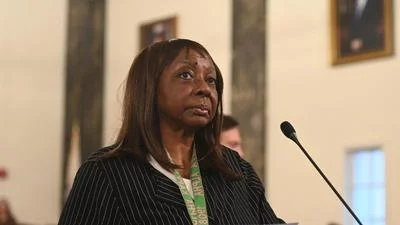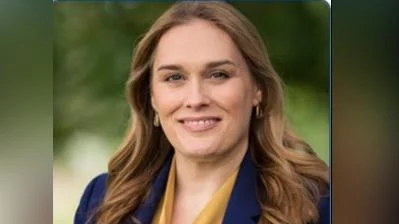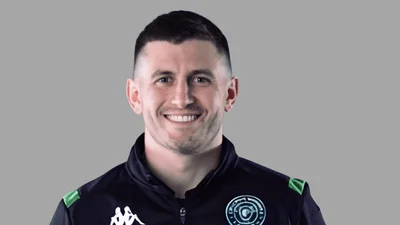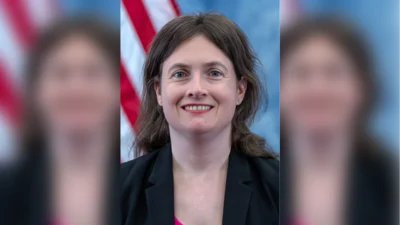CPD Chief Larry Snelling | City of Chicago
CPD Chief Larry Snelling | City of Chicago
Kim Foxx’s proposed policy not to prosecute more serious crimes discovered during minor traffic stops is more show than substance, according to a former prosecutor.
“It’s all about the optics,” the former prosecutor told Chicago City Wire on condition of anonymity. “She’s doing it to get a reaction from her small echo chamber. The impact will be minimal.”
The proposed change by the Cook County State’s Attorney appears to mean that those stopped for minor vehicle violations, an expired registration for instance, would not be prosecuted for drugs, weapons or stolen goods found in a search of the car.
But the Foxx plan, if ever implemented, doesn’t change Illinois law that stems from protections against “unreasonable searches and seizures” guaranteed under the Fourth Amendment to the Constitution, the former prosecutor says.
“The rub is the draft seems to be saying you can't use the stop to develop probable cause. Almost as if she is saying I deem all stops that are mere traffic code violations as illegal so all evidence from it is thrown out or no prosecution will follow. But that's not the law, she can't stop police from following the law and most cases will have some factual detail that will trigger exception to her blanket policy."
Under Illinois law “when police stop a vehicle for a traffic violation, they can immediately, and without consent, perform a ‘plain view’ search of any portion of the vehicle,” according to an explanation of the law on the O’Flaherty Law Group website. “In other words, if an officer stops a vehicle and seems a gun wedged between two seats or a bag of what appears to be drugs in the center console, the officer then has probable cause to perform an arrest.”
“Once an officer makes a lawful arrest of the driver,” the explanation continues, “the officer can perform a search incident to a lawful arrest. This means the officer can perform a full search of the vehicle so long as the officer had the requisite probable cause to make the arrest in the first place.”
The Chicago Police maintain that their “efforts to reduce crime do not center around traffic stops,” a spokesperson for the Department said in an email.
“CPD has seen a significant reduction in traffic stops this year compared to this time last year,” the spokesperson said. “Additionally, our officers receive 4th Amendment Training as we emphasize constitutional policing in all of our public safety efforts.”
Moreover, Chicago Police Supt. Larry Snelling has agreed to allow a federal judge to oversee the department’s use of traffic stops as part of CPD’s commitment to “implementing substantive and lasting reforms rooted in constitutional policing as we work to build trust in our communities,” WTTW News reports.
CPD also said that the Department has made approximately 70,800 traffic fewer traffic stops so far in 2024, as compared with the year before, while officers have made 425 more felony arrests after traffic stops than they did during the same period last year.
If Foxx’s proposed change in prosecuting crimes that begin with minor traffic violations is ever implemented, it will almost certainly have a short shelf life. Republican candidate for the State’s Attorney’s job, Robert Fioretti, told the Cook County Record that he would eliminate it upon taking office in 2025.
Democratic candidate Eileen O’Neill Burke did not respond to a request from The Record to comment but ran her primary campaign on a platform of the importance of upholding the rule of law.






 Alerts Sign-up
Alerts Sign-up